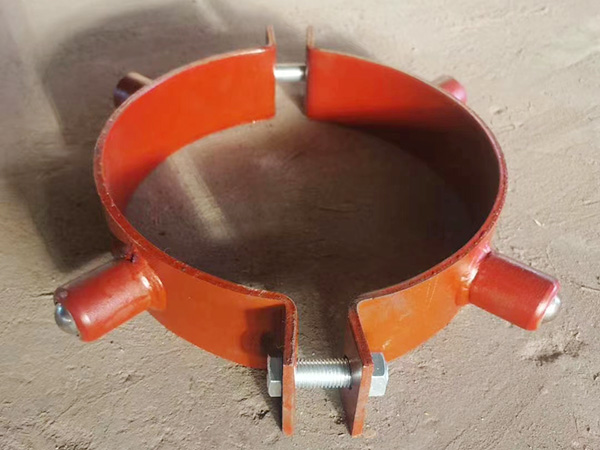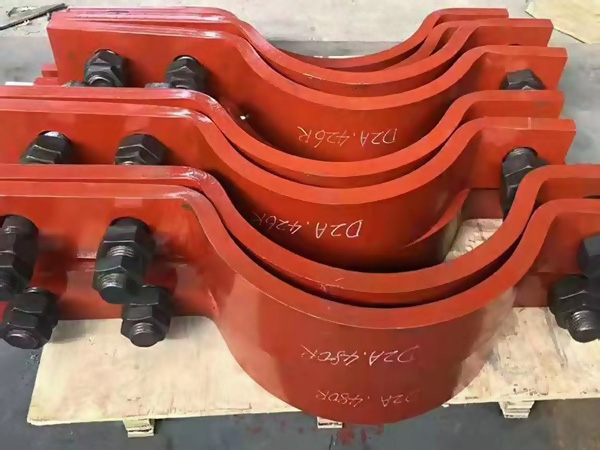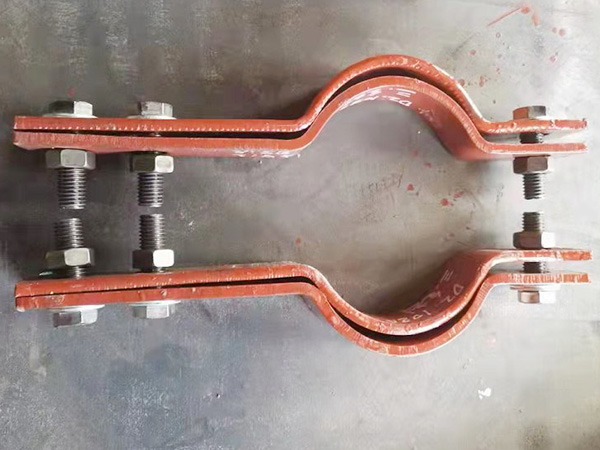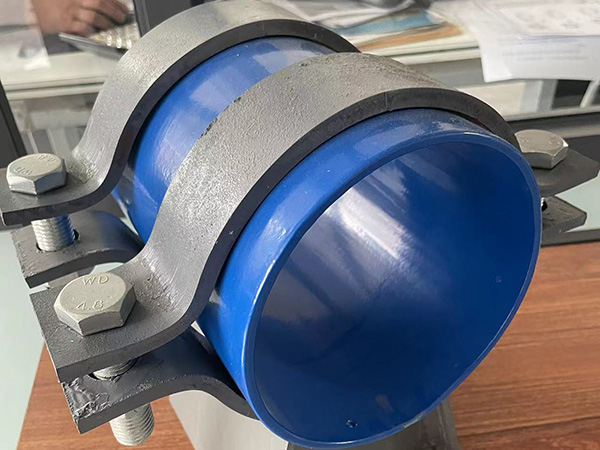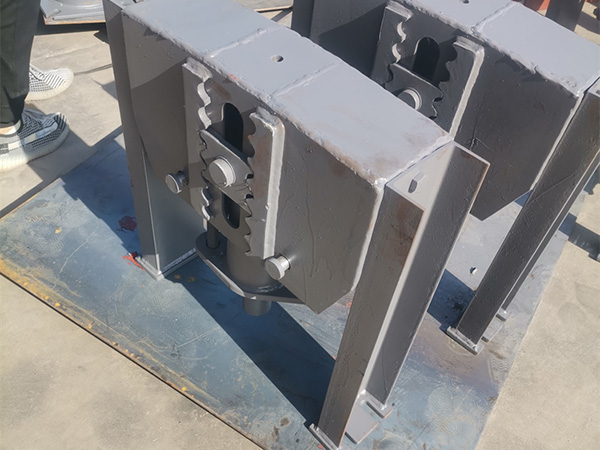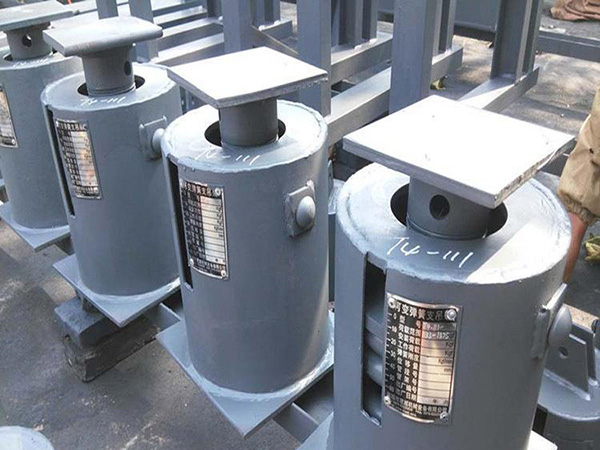Modular Pipe Support Systems: Benefits for Modern Facilities
Author:Mingde Time:2025-11-19 14:23:52 Click:84
In today’s industrial, commercial, and infrastructure environments, the need for reliable and adaptable pipe support has never been greater. Mechanical networks in modern facilities—cooling loops, process piping, fire systems, utility lines—must be supported by structures that can withstand load changes, environmental stress, and layout modifications over time. Modular Pipe Support Systems have quickly become a leading choice because they combine flexibility with engineered strength, offering a highly efficient alternative to traditional welded supports.
These systems are especially valuable for facility owners and procurement teams sourcing materials from a trusted manufacturer or stable production partner, ensuring consistent quality and long-term supply.
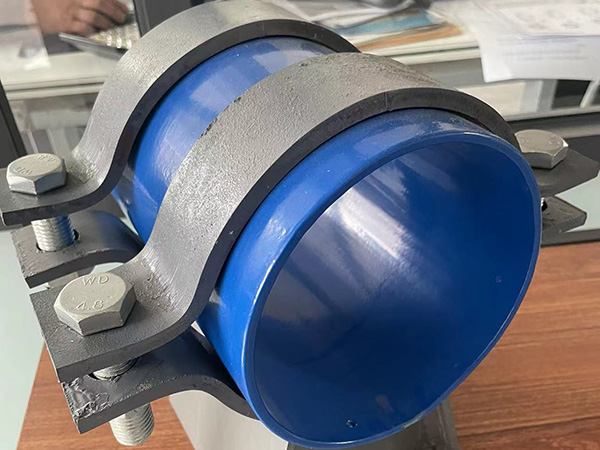
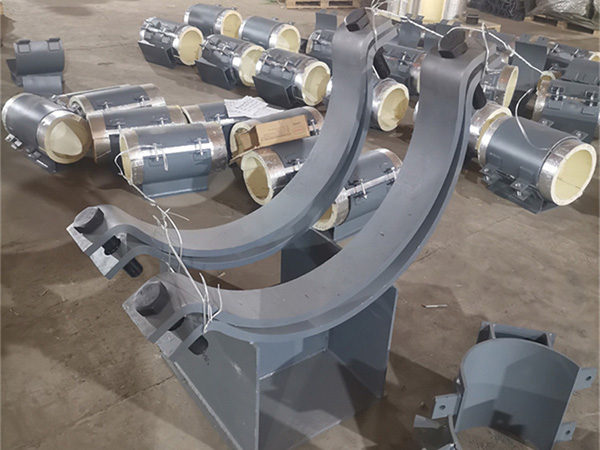
What Makes Modular Pipe Support Systems Different?
Unlike rigid supports that rely heavily on welding and custom fabrication, modular pipe supports are built from pre-engineered components that bolt together on-site. Channels, clamps, brackets, and connectors are designed to fit into various configurations without the need for hot work.
The result is a system that can be assembled, reconfigured, or expanded with minimal disruption—an essential feature for environments that evolve with operational needs.
Why Modular Systems Are Becoming the Modern Standard
1. Quick Assembly and Noticeably Shorter Install Timelines
One of the most compelling advantages of Modular Pipe Support Systems is the speed at which technicians can install them. Because components arrive preformed, crews can focus on assembly instead of fabrication.
Project advantages:
·Dramatically reduced labor hours
·No welding permits or fire watch required
·Faster turnaround for shutdowns or retrofits
·Minimal on-site machining
For facilities that need to maintain continuous operations, this speed translates directly into reduced downtime.
2. Exceptional Flexibility for Evolving Mechanical Layouts
Mechanical systems in modern facilities rarely remain static. Whether adding new equipment, upgrading cooling systems, or altering pipe routes, modular supports make adjustments straightforward.
Flexibility benefits:
·Components can be removed or reused
·Structural frames adapt to new pipe sizes
·Multi-tier layouts can be expanded vertically
·Routing can be changed without structural redesign
This level of adaptability is particularly useful for data centers, processing plants, and advanced manufacturing facilities that frequently adjust their infrastructure.
3. A Safer Solution With No Hot Work Required
Traditional pipe support installation often involves welding, which introduces fire hazards and requires strict safety controls. Modular Pipe Support Systems eliminate these issues entirely because they rely on mechanical fastening.
Safety improvements include:
·No risk from sparks or open flames
·Reduced respiratory exposure
·Fewer confined-space hazards
·Lower PPE requirements
Facilities with sensitive operations—such as laboratories, clean manufacturing spaces, and chemical handling zones—benefit significantly from this safer installation method.
4. Predictable Engineering Performance
Since modular support components are engineered and tested during manufacturing, they provide highly consistent strength and load performance. This consistency is vital for meeting building codes, industry standards, and project engineering requirements.
Engineering advantages:
·Uniform material quality across all components
·Verified load ratings
·Reliable mechanical connections
·Compatibility between different system modules
This is especially beneficial when working with a professional manufacturer whose quality controls ensure dependable long-term results.
5. Lower Long-Term Costs Through Reusability
Modular Pipe Support Systems stand out for their long-term economic value. Unlike welded structures that must be cut apart and rebuilt, modular components can be unfastened, reassembled, and reused for future modifications.
Cost-saving factors:
·Reduced demolition waste
·Less need for new materials on modifications
·Lower maintenance costs
·Longer service life due to replaceable parts
This makes modular systems an excellent choice for facilities planning multiple phases of expansion.
Where Modular Pipe Support Systems Are Used
These systems support piping in an extensive range of modern settings, including:
·Technology and data facilities
·Food, pharmaceutical, and sanitary processing
·Industrial and manufacturing plants
·Commercial HVAC systems
·Power generation operations
·Utility and mechanical rooms
·Chemical, water treatment, and process industries
Wherever pipes demand dependable support with room for future modifications, modular systems outperform rigid alternatives.
How to Select the Best Modular Pipe Support System
Choosing the right modular solution requires evaluating project-specific requirements:
·Pipe size, weight, and thermal expansion
·Environmental exposure (humidity, chemicals, temperature)
·Ease of future access or modification
·Load-bearing requirements
·Attachment method (wall, ceiling, floor, or frame)
·Material compatibility
·Availability from your chosen production or manufacturer source
Working with a reliable supplier ensures consistent component quality and the ability to meet high-volume or multi-phase project schedules.
Conclusion: Why Modular Pipe Support Systems Deliver Modern Advantages
Modular Pipe Support Systems: Benefits for Modern Facilities go far beyond simple assembly. They provide an adaptable, efficient, and future-ready approach to supporting mechanical and industrial piping. Their speed of installation, absence of hot-work hazards, engineered strength, and long-term reusability make them the preferred choice for contemporary facilities looking to optimize their mechanical infrastructure.
When sourced from a trusted manufacturer or stable production supplier, these systems ensure reliable performance across the system’s entire life cycle. For facility operators, engineers, and construction teams, modular supports offer a smarter, safer, and more scalable pathway to mechanical system design.
Modular Pipe Support Systems remain one of the most effective ways to strengthen and future-proof modern infrastructure.
References
GB/T 7714:Janis R R, Tao W K Y. Mechanical and electrical systems in buildings[M]. Upper Saddle River, NJ: Pearson Prentice Hall, 2009.
MLA:Janis, Richard R., and William KY Tao. Mechanical and electrical systems in buildings. Upper Saddle River, NJ: Pearson Prentice Hall, 2009.
APA:Janis, R. R., & Tao, W. K. (2009). Mechanical and electrical systems in buildings. Upper Saddle River, NJ: Pearson Prentice Hall.
 Hot Products
Hot Products
 Contact Us
Contact Us
Contact:
Mobile:+86 +86 19133378808
Website:mingdepipe.com
Address:


